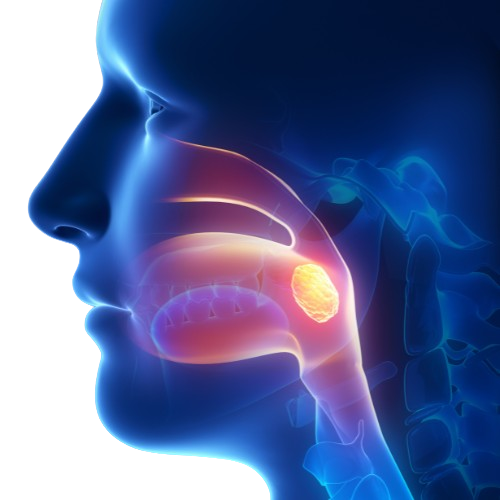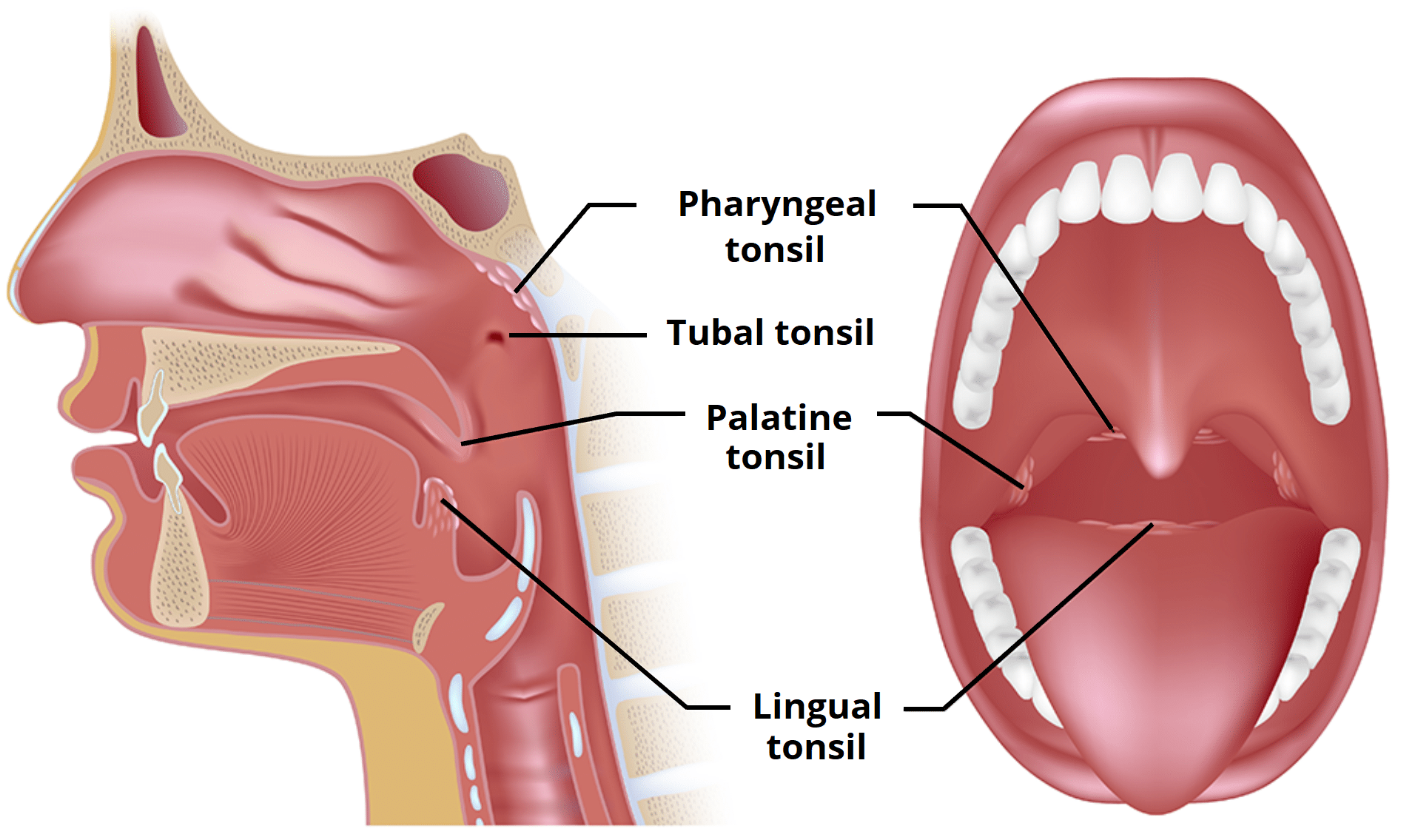Tonsillectomy Expert in Perumbakkam
Your Trusted Partner in Tonsillectomy
A tonsillectomy is a surgical procedure to remove the tonsils. Tonsils are two small glands located in the back of your throat. We are here to provide you with top-notch care and guidance to tackle your problems.

Understanding Tonsillectomy
Who needs a Tonsillectomy
Tonsillitis and the need for tonsillectomies are more common in children than adults. However, people of any age can experience trouble with their tonsils and require surgery.
One case of tonsillitis is not enough to warrant a tonsillectomy. Usually, the surgery is a treatment option for those who are often sick with tonsillitis or strep throat. If you’ve had at least seven cases of tonsillitis or strep in the last year (or five cases or more over each of the last two years), talk to your doctor about whether a tonsillectomy is an option for you.
Tonsillectomy can also treat other medical problems, including:
- Breathing problems related to swollen tonsils
- Frequent and loud snoring
- Periods in which you stop breathing during sleep, or sleep apnea
- Bleeding of the tonsils
- Cancer of the tonsils
Preparing for a Tonsillectomy
You will need to stop taking anti-inflammatory medicines two weeks before your surgery. This type of medication includes aspirin, ibuprofen, and naproxen. Drugs of this kind can increase your risk of bleeding during and after your surgery. You should let your doctor know about any medications, herbs, or vitamins you’re taking.
You’ll also need to fast after midnight before your tonsillectomy. This means you shouldn’t drink or eat. An empty stomach reduces the risk of feeling nauseous from the anesthetic.
Be sure to plan for your at-home recovery. Someone will need to drive you home and help you for the first couple of days following your tonsillectomy. Most people stay home from work or school for about a week following surgery.
Tonsillectomy procedure
There are several different ways to remove tonsils. One common method is called “cold knife (steel) dissection.” In this case, your surgeon removes your tonsils with a scalpel.
Another common method for tonsillectomy involves burning away the tissues through a process called cauterization. Ultrasonic vibration (using sound waves) is also used in some tonsillectomy procedures. Tonsillectomies usually take about a half hour.
No matter what surgical method your doctor chooses, you’ll be asleep with a general anesthetic. You won’t be aware of the surgery or feel any pain. When you wake up after the tonsillectomy, you’ll be in a recovery room. Medical staff will monitor your blood pressure and heart rate as you wake up. Most people can go home the same day after a successful tonsillectomy.
Risks during a Tonsillectomy
A tonsillectomy is a very common, routine procedure. However, like with other surgeries, there are some risks with this procedure. These can include:
- Swelling
- Infection
- Bleeding
- Reaction to anesthetics
Tonsillectomy recovery
Patients can experience some pain as they recover from a tonsillectomy. You might have a sore throat after surgery. You might also feel pain in your jaw, ears, or neck. Get plenty of rest, especially in the first two to three days after surgery.
Sip water or eat ice pops to stay hydrated without hurting your throat. Warm, clear broth and applesauce are ideal food choices during early recovery. You can add ice cream, pudding, oatmeal, and other soft foods after a couple days. Try not to eat anything hard, crunchy, or spicy for several days after a tonsillectomy.
Pain medication can help you feel better during recovery. Take the medicines exactly as your doctor prescribes. Contact your doctor if you experience bleeding or run a fever after a tonsillectomy. Snoring for the first two weeks after the procedure is normal and expected. Call your doctor if you have trouble breathing after the first two weeks.
Many people are ready to go back to school or work within two weeks after a tonsillectomy.
Most who have a tonsillectomy have fewer throat infections in the future.

Symptoms of Tonsillectomy:
- Very sore throat
- Difficulty or pain while swallowing
- Scratchy-sounding voice
- Bad breath
- Fever
- Chills
- Earache
- stomachache
- Headache
- Tonsils that appear red and swollen
Treatments
A mild case of tonsillitis doesn’t necessarily require treatment, especially if a virus, such as a cold, causes it.
Treatments for more severe cases of tonsillitis may include antibiotics or a tonsillectomy. If a person experiences dehydration due to tonsillitis, they may also need intravenous fluids. Pain medicines to relieve the sore throat can also help while the throat is healing.
Frequently Asked Question on Tonsillectomy
Tonsillectomy is performed for various reasons, including recurrent tonsillitis (frequent bacterial infections of the tonsils), persistent or severe throat infections, difficulty breathing due to enlarged tonsils, or sleep-disordered breathing.
Tonsillectomy is most commonly performed in children, but it can be done at any age. The decision is based on the individual’s health and the severity of tonsil-related issues.
Tonsillectomy can cause throat pain and discomfort during the recovery period. Pain management is typically provided through medications, and the intensity of pain varies among individuals.
Recovery time varies, but most individuals can return to normal activities within 10 to 14 days. Full recovery may take a few weeks.
Yes, adults can undergo tonsillectomy if they experience recurrent or severe tonsil-related issues. The procedure is generally safe for individuals of any age.
A soft diet is recommended during the initial recovery period, including foods like ice cream, yogurt, applesauce, and mashed potatoes. It‘s important to avoid rough or spicy foods that can irritate the throat.
Tonsillectomy is sometimes recommended for individuals with sleep-disordered breathing, including snoring or sleep apnea, particularly if enlarged tonsils contribute to the condition.
